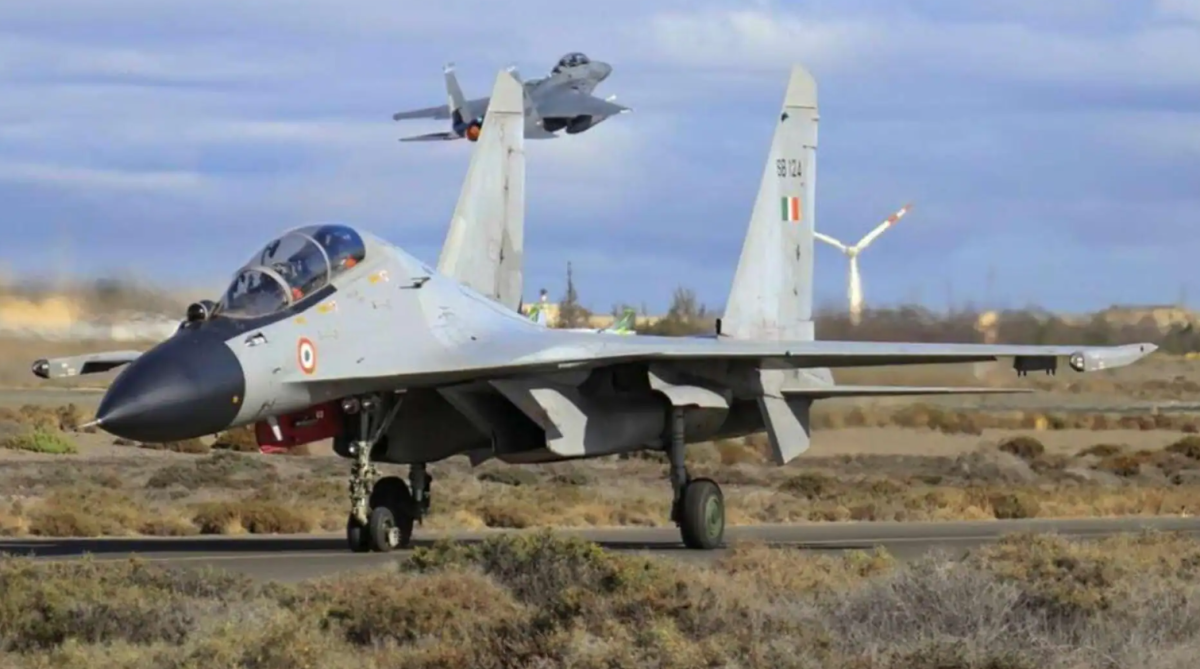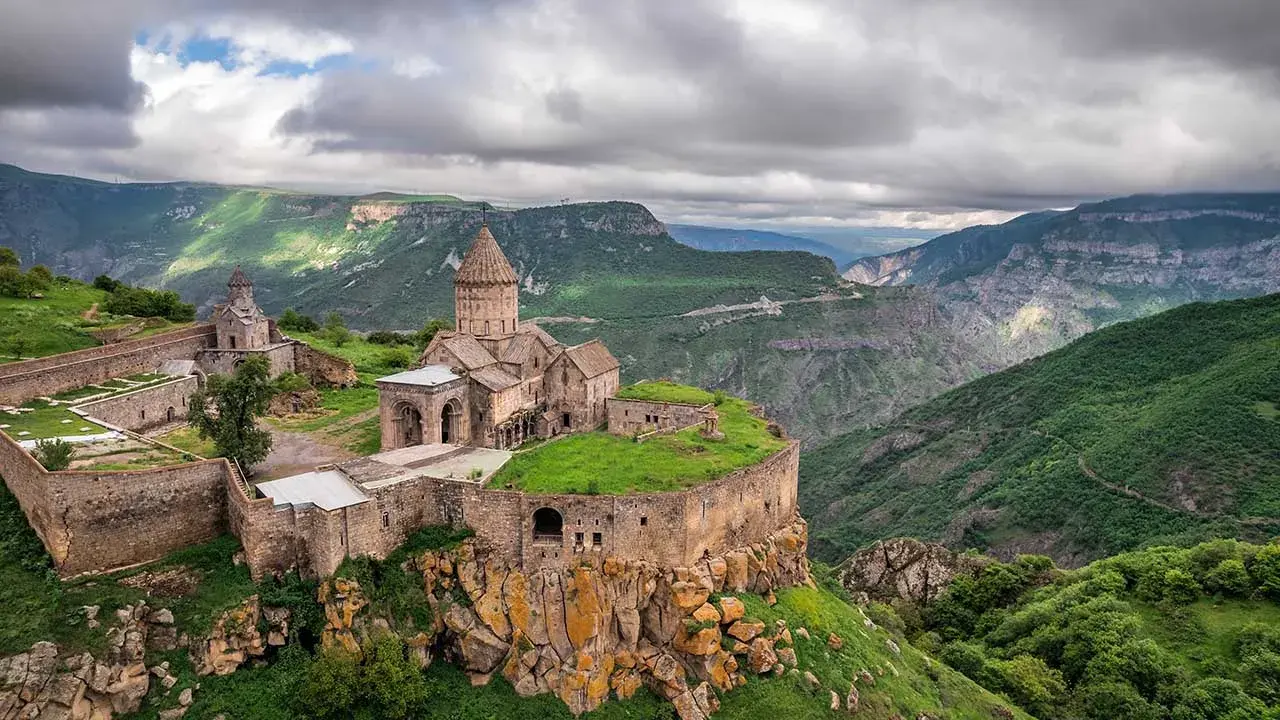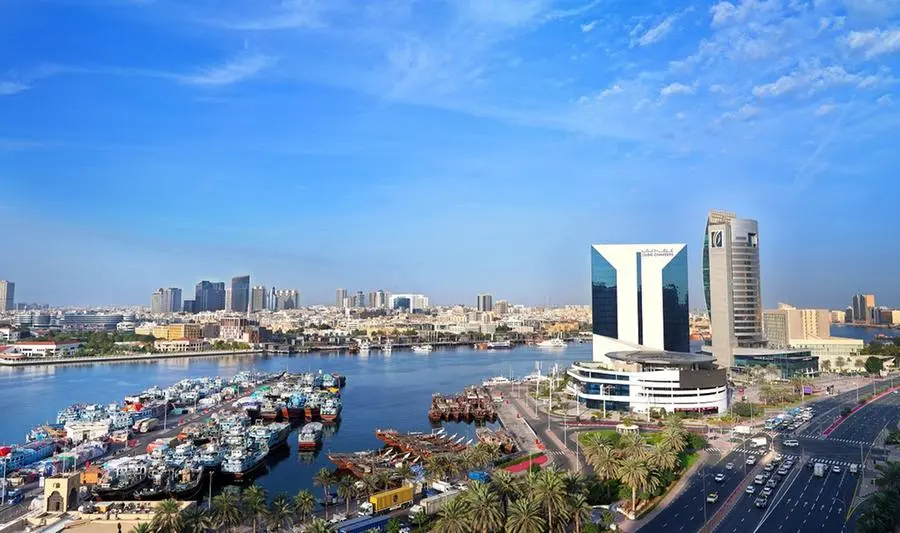As India consolidates its presence elsewhere — from the Andaman Islands to partnerships with the Quad — the chapter of Ayni stands as both a milestone and a reminder of the limits of reach in a multipolar world
India’s quiet withdrawal from the Ayni Airbase in Tajikistan has brought down the curtain on one of its most significant overseas military ventures. While the move may seem procedural, analysts say it signals a deeper strategic shift with profound geopolitical implications, Deccan Herald reported.
For more than two decades, Ayni — located at the Gissar Military Aerodrome near Tajikistan’s capital Dushanbe — served as India’s only foreign military outpost. Established in 2008 after years of renovation and trilateral coordination with Tajikistan and Russia, the base was envisioned as a critical platform to project India’s influence across the heart of Eurasia.
Its proximity to the Afghan border gave New Delhi a valuable vantage point during the turbulent post-9/11 years, especially as Afghanistan underwent sweeping political and security changes after 2001. From Ayni, Indian defense planners could observe regional developments and maintain a limited but meaningful footprint in a zone long dominated by Russia and increasingly contested by China.
- The strategic value of Ayni extended beyond surveillance
- It was a symbol of India’s aspirations to play a larger role in Central Asia’s security architecture — a region where connectivity, counterterrorism, and great-power rivalry intersect
- Yet, over time, India’s operational presence at Ayni diminished, hindered by logistical constraints, evolving alliances, and the complex balancing act between Moscow and Beijing.
According to diplomatic observers, the decision to withdraw reflects a recalibration of India’s regional priorities. With a renewed focus on the Indo-Pacific and its maritime partnerships, India’s strategic bandwidth has shifted from the mountains of Central Asia to the waters of the Indian Ocean. Still, the closure of Ayni is being read as a quiet retreat from a once-bold experiment in power projection.
The withdrawal also coincides with growing Chinese and Russian influence in Tajikistan, both of whom maintain strong security ties with Dushanbe. This has further narrowed India’s strategic space in the region.








